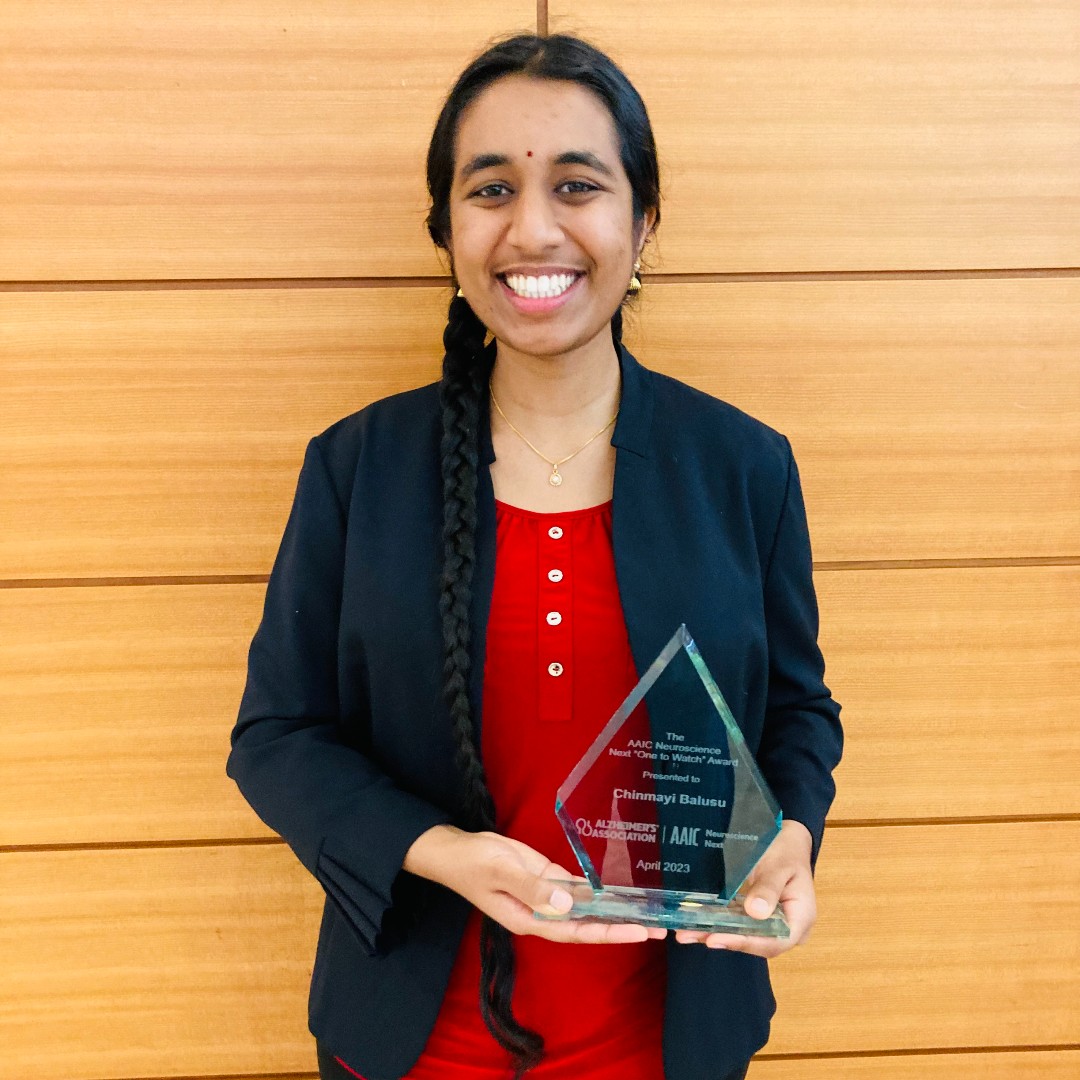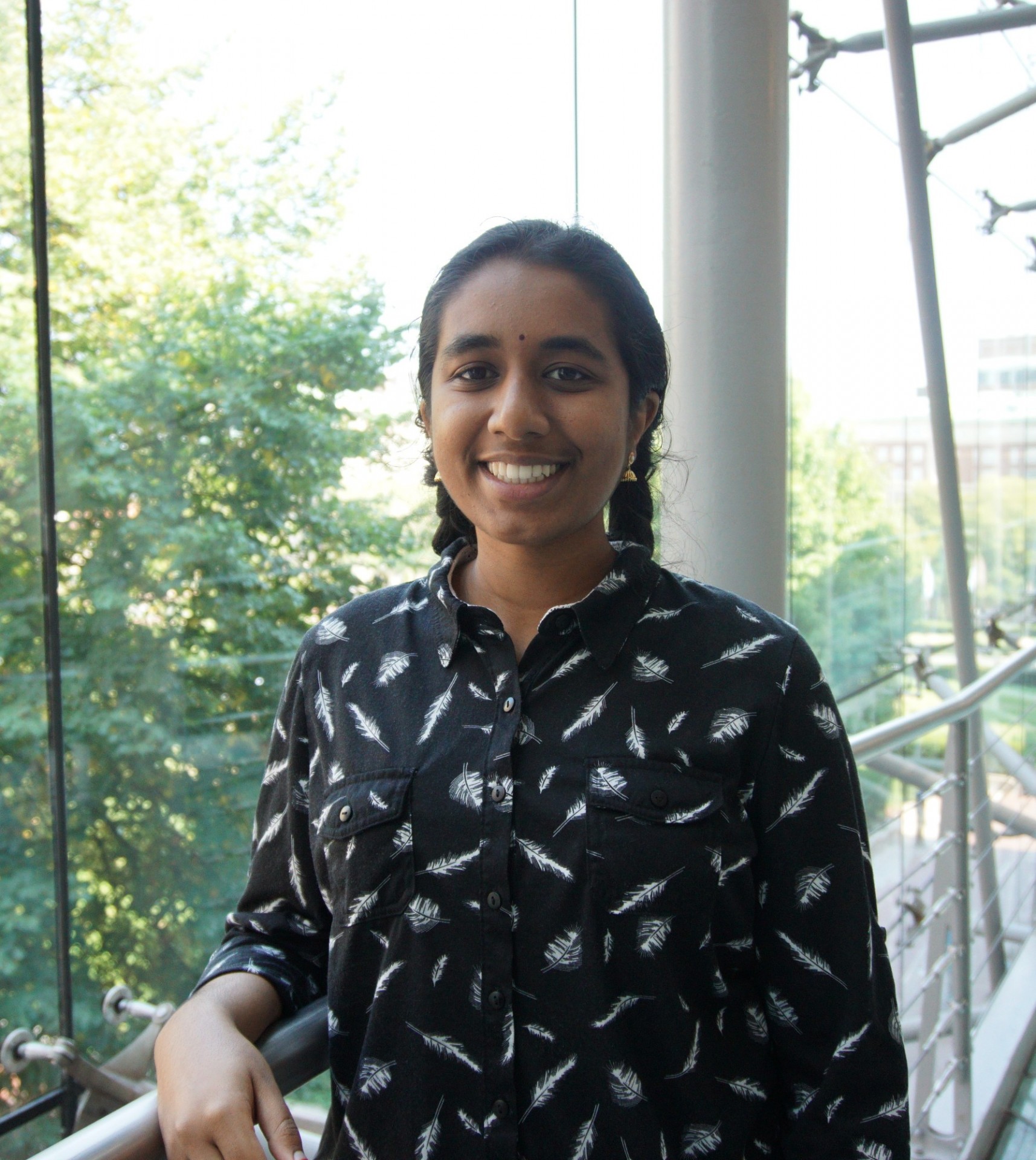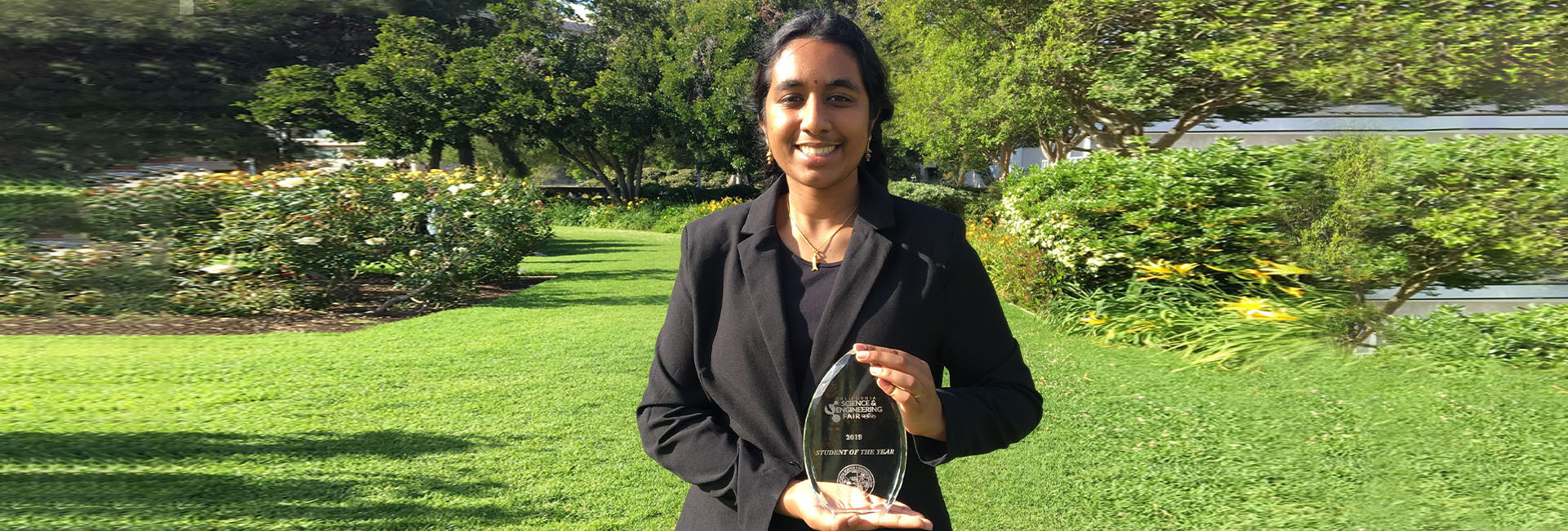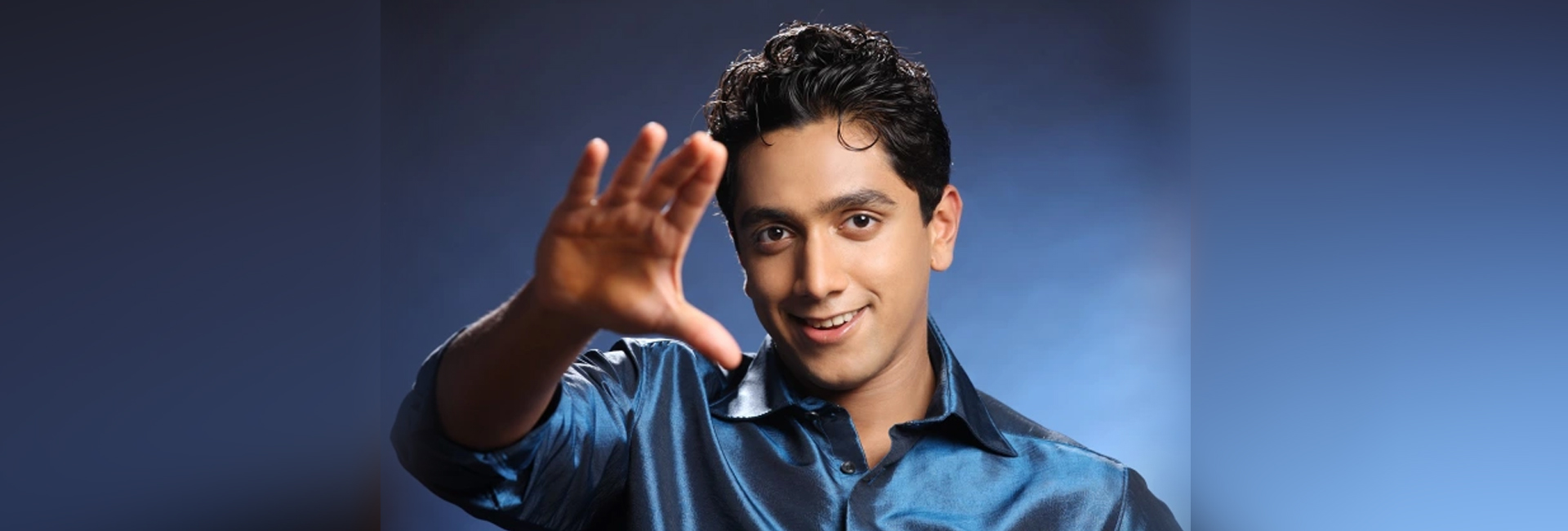(July 13, 2023) At 19, when others her age are still figuring out what majors to pick during the undergraduate or which movie to watch during the weekend, Chinmayi Balusu has gathered several colourful feathers to decorate her cap. A researcher, community leader, youth science communicator, and social entrepreneur, Chinmayi was recently awarded the coveted Diana Award 2023 for being the visionary behind her foundation, ‘Simply Neuroscience’, a distinguished non-profit organisation.

The Global Indian‘s noble cause lies in the expansion of student involvement within the realms of neuroscience and psychology, accomplished through the orchestration of interdisciplinary education, outreach, and awareness initiatives. Under the researcher’s sagacious guidance, ‘Simply Neuroscience’ has blossomed into a flourishing bastion of cerebral exploration. “We work to increase early and equitable access to learning about the brain by connecting over 35,000 students from 119 countries with free online resources, opportunities, events, and mentorship,” she said during an interview, adding, “Our motto is that we are pursuing the brain and unlocking the future, one neuron at a time.”
A passionate youngster
An Indian-American born and raised in northern California, Chinmayi was interested in human anatomy, since the time she was first taught about the body parts in school. However, she was introduced to neuroscience during her middle school. “My passion for growing STEM education efforts stemmed from an encounter with a brain anatomy model at a middle-school science fair,” the researcher explained, “I remember feeling an incredible sense of awe at how complex the brain was under the surface, and this inspired me to pursue further learning opportunities.”
However, she found her interest in the brain early on, the next steps involved quite a bit of trial and error and dead ends. “Many of the learning resources I came across were specific to university students and experts. This meant that, for the most part, I was on a solo journey, pursuing self-learning on platforms like Coursera,” the researcher shared, “What really drew me to neuroscience was the multidisciplinary nature and the potential of the field – as an aspiring innovator, I loved thinking about how the implications of branches such as neuroethics, neurolaw, and others translate to a meaningful impact on society.”


While she dreams of becoming a scientist after finishing her studies, Chinmayi’s life isn’t just about books. “I enjoy exploring nature trails, gardening, and watching Telugu movies with my family in my free time. I am also a 3rd-degree black belt in taekwondo, and love to play with squirrels that regularly roam around my backyard.”
Discovering the world of neuroscience
After finishing her school, Chinmayi enrolled in the neuroscience and medical humanities at Columbia University. With a background in biomedicine and neurodegenerative diseases, the researcher is currently contributing to cognitive neuroscience and traumatic brain injury research. “I’m a full-time student at Columbia University where I am pursuing medical humanities and neuroscience. Outside of the classroom, I’m involved in neurodegenerative diseases, cognitive neuroscience, and brain injury research as an investigator through Columbia and the Stanford University School of Medicine,” she shared.
Knowing the importance of STEM education, Chinmayi founded the global non-profit Simply Neuroscience in 2019, which works to foster students’ interests in interdisciplinary neuroscience and psychology through education, outreach, and awareness. “As a US citizen and native English-speaking individual, I acknowledge that my journey here in the Western education system has introduced me to a wide range of opportunities in neuroscience and higher education that my peers from around the world may not have equal access to, whether because of geographic, financial, or linguistic restrictions,” the researcher said while talking about her inspiration to establish the foundation, adding, “I utilise this perspective in my work through finding ways to connect with resources and collaborators at the local level outside of the United States, participating in multilingual and cross-cultural science outreach efforts, and being an active listener.”
During the last year, Chinmayi embarked on a quest to unravel the intricate obstacles hindering the expansion of multilingual science communication initiatives in India. “Being able to constantly challenge my perception and knowledge every single day is what I love about STEM. Every single day is a chance to further my understanding of not only the beautiful interactions in the brain but also the broader world,” she explained, adding, “My advice to the next generation of scientists would be to never lose their ambition. Even when you think you have found your perfect niche, keep on going and excelling further.”




